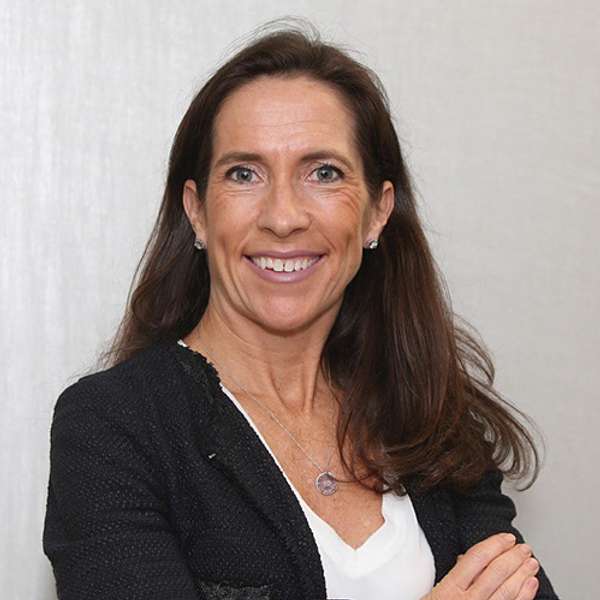
The Green Dream
The Green Dream
From Goldman Sachs to Impact bonds, via Australian Survivor! An interview with Kate Temby of Affirmative Investment Management
This interview is with Kate Temby of Affirmative Investment Management. I was keen to talk to an Impact bond manager to demystify the world of bonds, particularly those that can help communities or transform infrastructure in a sustainable way. We explain some of the jargon, talk about ‘Waci’ budgets, and discuss how it’s possible to create a positive social and environmental impact with bonds, without comprising returns. Their global bond fund holds about 110 bonds, representing over 2,000 projects across 136 countries.
Kate has 29 years’ industry experience, including Co-head of Asia Pacific Institutional Sales, Goldman Sachs Asset Management, Research Sales at Goldman Sachs JBWere (NY), and Financial Risk Consultant at PWC (Melbourne/Toronto). She has a Bachelor of Commerce from Monash University Australia, and is an Australian Institute of Company Directors graduate.
Affirmative Investment Management (AIM) is a global fixed income manager focused on delivering mainstream market returns with impact. AIM is the world’s first fund manager to dedicate their investment strategy to impact bonds, including labelled green bonds, social bonds and sustainable bonds. AIM's innovative formula is a fusion of mainstream portfolio management and sustainability, providing positive solutions to global challenges. AIM’s focus is to promote robust verification and reporting, along with active engagement, whilst ensuring repeatable performance and sustainable impact. Established in 2014, AIM is 100% owned by its employees and headquartered in London, with offices in Washington and Sydney. You can check out their website at: affirmativeim.com
I hope you enjoy this discussion with Kate Temby.
We wish to acknowledge the traditional custodians of the land we’re recording on, the Wardandi Noongar people. We pay our respects to them and their culture; and to elders past, present and future.